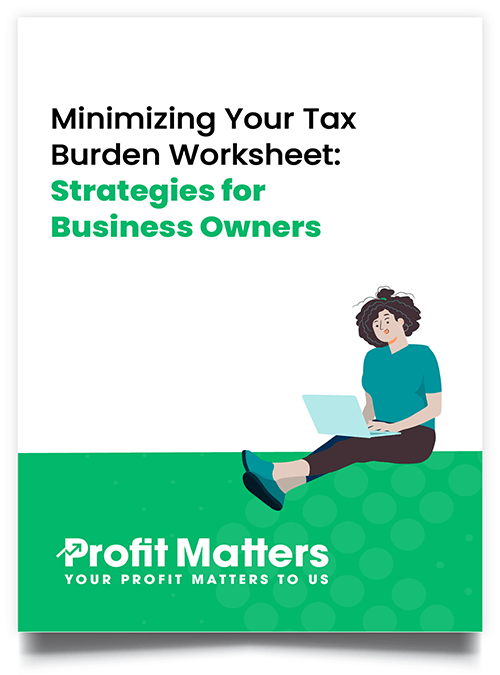Estate Planning Definition
Estate planning is the practice of creating a plan for how an individual’s asset base, known as their estate, will be managed/distributed/preserved after their death or incapacitation.
Wills and Estate Planning
Creating a will is a crucial component of estate planning.
A will is a document that outlines the wishes of the deceased as it relates to their desired asset distribution, donations, divisions between family members, etc.
While a will is a single document, estate planning also incorporates several others in order to properly and legally secure and arrange the deceased’s assets.
Estate Planning Basics
A basic estate plan should have answers for the following:
- What will happen in the event of death?
- What will happen in the event of incapacitation? Will this be treated as a different scenario?
- Who are your beneficiaries?
- How will your assets be divided/distributed? Will everything go to your beneficiaries, or elsewhere as well?
- Does the plan include funds for your funeral arrangements?
Estate Planning Documents
A comprehensive estate plan involves a myriad of financial and legal documents.
The central pillar of the plan is the last will and testament, also simply called a will.
This is a legal document that testifies your wishes (i.e. your will) before your died or became incapacitated, as applicable.
Below is a more thorough list of common documents that can be found in a comprehensive estate plan:
- Will or trust: your last will and testament is a document that outlines your wishes as to how your assets will be managed after your death or incapacitation. Without one, there is no legally enforceable document that adequately records your intent. A trust is a legal entity that takes possession of your estate and executes your desired plan. The trust is managed by an appointed trustee.
- Durable power of attorney: a durable power of attorney allows an agent to act on your behalf if you become unable to do so yourself.
- Beneficiary designations: designating your beneficiaries is important to make sure that your assets pass along to the recipients you want. Many of your assets, such as life insurance and retirement accounts, will pass along to your beneficiaries automatically.
- Letter of intent: a letter of intent is simply a document that is given to a beneficiary, executor, or someone else which describes how you would like a particular asset to be managed.
- Healthcare power of attorney: a healthcare power of attorney allows an individual, who may be a family member or someone else, to make medical decisions on your behalf if you become unable to do so yourself.
- Guardianship designations: assigning a guardian to minors under your care is essential if you want to make sure the correct person or people become their guardians. Like your assets, guardianship of your children is necessary to document as well.
Estate Planning Trusts
A trust in estate planning is a legal entity, usually managed by an individual called a trustee, that takes over your estate upon your death or incapacitation.
The purpose of the trust is to ensure that your estate is managed and distributed according to your wishes.
A trust has a similar function as a last will and testament, however it has some advantages.
Trusts are often irrevocable, which means that once they obtain your assets, they cannot be retrieved except as according to your directive to the trustee.
This means that assets that go to a trust may not be considered a part of your taxable estate, which can lower the taxes you pay.
Trusts also tend to be a bit quicker in asset distribution than a will, and the directive of a trust has some legal superiority over what is written in a will.
However, trusts are also expensive to employ, sometimes costing thousands of dollars.
Is It Better to Have a Will or a Trust?
A last will and testament, also called a will, is a legal document that describes your wishes for your estate upon your death or incapacitation.
A trust, on the other hand, is a completely distinct legal entity, often a person, that takes legal ownership of your assets upon your death or incapacitation.
The trust will become the proprietor of your assets, with the responsibility of following your last wishes as best as possible.
What Are the Disadvantages of a Trust?
Trusts have some potential disadvantages.
They are designed to be irrevocable, meaning that once a trust has your assets, they cannot be retrieved.
Trusts also tend to be expensive to employ.
What Should You Not Put In Your Will?
Funeral instructions: While it is possible, and often a good idea, to discuss your funeral plans and wishes beforehand with your executor, your last will and testament is not the ideal place for such information.
Because your body is not a part of your estate, placing it under your estate’s control does not guarantee enforceability.
Life insurance proceeds: If your life insurance will pay out an amount of money to your beneficiaries, you do not need to include this in your will.
The payment will be taken care of by the insurance company.
Retirement funds: As with life insurance, if your retirement account is already set up to pay out to your beneficiaries after your death, it does not need to be included in your will.
Estate Planning FAQs
Is a will required?
While a will is not technically a requirement, it is helpful. If you pass without a will, you are referred to as “intestate.” If you pass intestate, your assets are subject to the laws of the state in which you pass. If there is an individual that you do not wish to receive assets, or an individual that you want to receive a specific asset, and you pass without a will, the state may make and enforce a different decision.
How can I best avoid dealing with estate taxes?
You may deduct some expenses from your gross estate to lower the amount of estate tax you owe to the state. Some charitable donations, funeral expenses, and money put in an irrevocable trust are all examples of deductible expenses.
What happens if my trust is disputed?
You may deduct some expenses from your gross estate to lower the amount of estate tax you owe to the Trusts are governed by state laws. As such, there are limits on what disputes may be levied against a trust. Typically, if there is a circumstance in which a person would be harmed or would come to immediate harm should the trust be enacted, they may dispute the trust. This is especially true if the terms of a trust contradict itself or become impossible to enforce.
What are some common documents in estate planning?
You may deduct some expenses from your gross estate to lower the amount of estate tax you owe to the Trusts are governed by state laws. As such, there are limits on what disputes may be levied against a truDocuments to consider making a part of your estate planning include a will or trust (maybe both), durable power of attorney, beneficiary designations, letter of intent, healthcare power of attorney, and guardianship designations.
What shouldn’t go in your will?
Items typically advised to be dealt with outside of a will are funeral instructions, life insurance proceeds, and retirement funds.
Written by True Tamplin, BSc, CEPF®
First published: https://learn.financestrategists.com/finance-terms/estate-planning/


